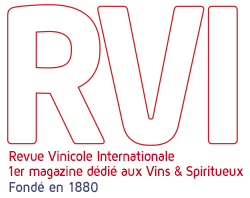AB InBev’s acquisition for SABMiller
It is one of the biggest deals of the year and has sent shockwaves through the brewing industry. The announced acquisition price of US$107 billion paid by AB InBev for SABMiller implies a colossal value of US$120 billion when debt is accounted for.
Just US$13 billion of this is made up of tangible assets such as property, plant, machinery. The remaining $107 billion is composed entirely of intangible assets (formulas, recipes, customer relationships, Goodwill and brands) which constitute 89% of the value.
Leading brand valuation and strategy firm Brand Finance has examined this massive intangible asset value. Using widely accepted valuation techniques (mirroring AB InBev’s own accounting policies) Brand Finance has estimated the split of different intangible asset types. Brands, as defined by AB InBev, constitute US$32 billion of the total. Other specific identifiable intangibles, such as software, account for approximately US$4 billion. The remainder or ‘hangover’ comes in the form of Residual Goodwill. Goodwill is defined very broadly by AB InBev in its accounting policies and at US$71 billion, Brand Finance’s calculations indicate that it represents 67% of the total intangible asset value and 59% of the total implied value.
Ab InBev will no doubt be more than pleased at the success of the deal, but will have to extract huge post acquisition synergies to justify the extraordinary Goodwill figure. It is looking to do just that, targeting savings of $1.4 billion on top of the $1 billion annual savings reported by Alan Clark to SABMiller’s investors last month. This has further alarmed those concerned about the impact on employees and consumers of the deal. AB InBev is by far the most profitable of the major brewers with an operating margin of 32% compared to SABMiller, Heineken and Carlsberg’s margins of 20%, 14% and 12% respectively. Such savings may justify the Goodwill figure in the end, at least to AB InBev’s shareholders.
November, 16th 2015



